 W
WPeter Chardon Brooks Adams was an American historian, political scientist and a critic of capitalism.
 W
WSamir Amin was an Egyptian-French Marxian economist, political scientist and world-systems analyst. He is noted for his introduction of the term Eurocentrism in 1988 and considered a pioneer of Dependency Theory.
 W
WGeorgy Arkadyevich Arbatov was a Soviet and Russian political scientist who served as an adviser to five General Secretaries of the Communist Party of the Soviet Union and was best known in the West during the Cold War era as a representative for the policies of the Soviet Union in the United States, where his fluent English helped make him a frequent guest on American television. He was the founding Director and later Emeritus Director of the Institute of USA and Canada of the Soviet Academy of Sciences (ISKRAN), the Soviet and Russian think tank for the study of USA and Canada.
 W
WThomas P.M. Barnett is an American military geostrategist and former chief analyst at Wikistrat. He developed a geopolitical theory that divided the world into "the Functioning Core" and the "Non-Integrating Gap" that made him particularly notable prior to the 2003 U.S. Invasion of Iraq when he wrote an article for Esquire in support of the military action entitled "The Pentagon's New Map". The central thesis of his geopolitical theory is that the connections the globalization brings between countries are synonymous with those countries with stable governments, rising standards of living, and "more deaths by suicide than by murder". These countries form the Functioning Core. These regions contrast with those where globalization has not yet penetrated, which is synonymous with political repression, poverty, disease, and mass-murder, and conflict. These areas make up the Non-Integrating Gap.
 W
WAlain de Benoist – also known as Fabrice Laroche, Robert de Herte, David Barney, and other pen names – is a French journalist and political philosopher, a founding member of the Nouvelle Droite, and the leader of the ethno-nationalist think tank GRECE.
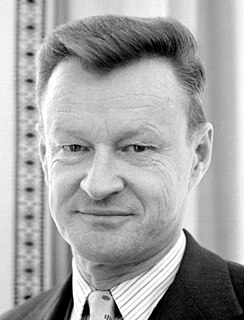 W
WZbigniew Kazimierz Brzezinski was a Polish-American diplomat and political scientist. He served as a counselor to President Lyndon B. Johnson from 1966 to 1968 and was President Jimmy Carter's National Security Advisor from 1977 to 1981. Brzezinski belonged to the realist school of international relations, standing in the geopolitical tradition of Halford Mackinder and Nicholas J. Spykman. Brzezinski was the primary organizer of The Trilateral Commission.
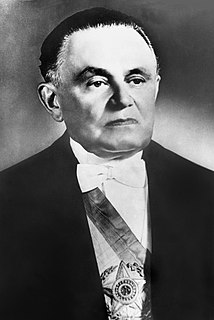 W
WMarshal Humberto de Alencar Castelo Branco was a Brazilian military leader and politician. He served as the first President of the Brazilian military dictatorship after the 1964 military coup d'etat. Castelo Branco was killed in an aircraft collision in July 1967, soon after the end of his Presidency.
 W
WAymeric Chauprade, is a French writer, political scientist and politician. He left the National Front on 9 November 2015, mostly for "moral and political" principles, to found Les Français Libres. A student and disciple of François Thual, he is an advocate of realpolitik. He was elected to the European Parliament from the National Front for the Île-de-France constituency in the 2014 European Parliament election.
 W
WAlexander V. Chayanov was a Soviet agrarian economist, and scholar of rural sociology and advocate of agrarianism and cooperatives.
 W
WStuart Edward Corbridge, FRGS is a British geographer and academic specialising in geopolitics, development studies, and India. Since September 2015, he has been Vice-Chancellor and Warden of Durham University. From 2013 to 2015, he was Provost and Deputy Director of the London School of Economics. He was also Professor of Development Studies at LSE.
 W
WRichard Nikolaus Eijiro, Count of Coudenhove-Kalergi was an Austrian-Japanese politician, philosopher and Count of Coudenhove-Kalergi. A pioneer of European integration, he served as the founding president of the Paneuropean Union for 49 years. His parents were Heinrich von Coudenhove-Kalergi, an Austro-Hungarian diplomat, and Mitsuko Aoyama, the daughter of an oil merchant, antiques-dealer and major landowner in Tokyo. His childhood name in Japan was Aoyama Eijiro. He became a Czechoslovak citizen in 1919 and then took French nationality from 1939 until his death.
 W
WGolbery do Couto e Silva was a General in Brazil's Army, an intellectual, as well as a politician.
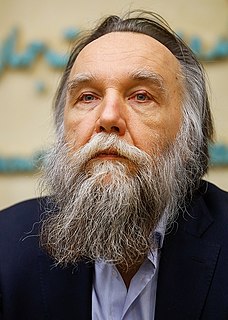 W
WAleksandr Gelyevich Dugin is a Russian political analyst and strategist known for his fascist views.
 W
WDan Gheorghe Dungaciu is a Romanian sociologist and an expert in the situation in Republic of Moldova.
 W
WFrédéric Encel is a French writer and scholar of geopolitics. He received his DEA in geopolitics from the Centre de recherches et d’analyses géopolitiques at the University of Paris VIII in 1992. He remained there studying under Yves Lacoste and earned his doctorate in geopolitics in 1997. He teaches international relations at the ESG Management School. He frequently points out the Iranian danger in French press.
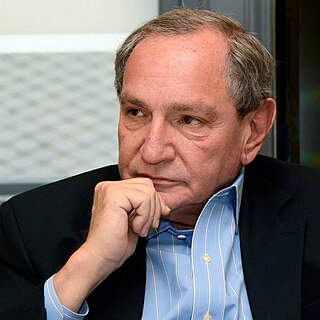 W
WGeorge Friedman is a Hungarian-born U.S. geopolitical forecaster, and strategist on international affairs. He is the founder and chairman of Geopolitical Futures, an online publication that analyzes and forecasts the course of global events. Prior to founding Geopolitical Futures, he was chairman of its predecessor Stratfor, the private intelligence publishing and consulting firm he founded in 1996.
 W
WRobert Gibbins Gard Jr. is a retired United States Army lieutenant general and former chairman of the board of the Center for Arms Control and Non-Proliferation where his work focuses on nuclear nonproliferation, missile defense, Iraq, Iran, military policy, nuclear terrorism, and other national security issues.
 W
WMakhdoom Muhammad Javed Hashmi, is a Pakistani politician, political realist, and a senior conservative thinker on the platform of Pakistan Muslim League (N).
 W
WAlbrecht Georg Haushofer was a German geographer, diplomat, author and member of the German Resistance to Nazism.
 W
WKarl Ernst Haushofer was a German general, professor, geographer, and politician. Through his student Rudolf Hess, Haushofer's ideas known as Geopolitik influenced the development of Adolf Hitler's expansionist strategies, although Haushofer denied direct influence on Nazi Germany. Under the Nuremberg Laws, Haushofer's wife and children were categorized as Mischlinge. His son, Albrecht, was issued a German Blood Certificate through the help of Hess.
 W
WSven Anders Hedin, KNO1kl RVO, was a Swedish geographer, topographer, explorer, photographer, travel writer and illustrator of his own works. During four expeditions to Central Asia, he made the Transhimalaya known in the West and located sources of the Brahmaputra, Indus and Sutlej Rivers. He also mapped lake Lop Nur, and the remains of cities, grave sites and the Great Wall of China in the deserts of the Tarim Basin. In his book Från pol till pol, Hedin describes a journey through Asia and Europe between the late 1880s and the early 1900s. While traveling, Hedin visited Turkey, the Caucasus, Tehran, Iraq, lands of the Kyrgyz people and the Russian Far East, India, China and Japan. The posthumous publication of his Central Asia Atlas marked the conclusion of his life's work.
 W
WTraian Herseni was a Romanian social scientist, journalist, and political figure. First noted as a favorite disciple of Dimitrie Gusti, he helped establish the Romanian school of rural sociology in the 1920s and early '30s, and took part in interdisciplinary study groups and field trips. A prolific essayist and researcher, he studied isolated human groups across the country, trying to define relations between sociology, ethnography, and cultural anthropology, with an underlying interest in sociological epistemology. He was particularly interested in the peasant cultures and pastoral society of the Făgăraș Mountains. Competing with Anton Golopenția for the role of Gusti's leading disciple, Herseni emerged as the winner in 1937; from 1932, he also held a teaching position at the University of Bucharest.
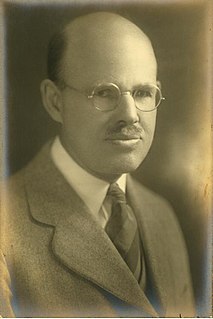 W
WEllsworth Huntington was a professor of geography at Yale University during the early 20th century, known for his studies on the controversial science of, environmental determinism/climatic determinism, economic growth and economic geography. He served as President of the Ecological Society of America in 1917, the Association of American Geographers in 1923 and President of the Board of Directors of the American Eugenics Society from 1934 to 1938.
 W
WSamuel Phillips Huntington was an American political scientist, adviser and academic. He spent more than half a century at Harvard University, where he was director of Harvard's Center for International Affairs and the Albert J. Weatherhead III University Professor.
 W
WGilford John Ikenberry is a theorist of international relations and United States foreign policy, and the Albert G. Milbank Professor of Politics and International Affairs at Princeton University.
 W
WNicolae Iorga was a Romanian historian, politician, literary critic, memoirist, poet and playwright. Co-founder of the Democratic Nationalist Party (PND), he served as a member of Parliament, President of the Deputies' Assembly and Senate, cabinet minister and briefly (1931–32) as Prime Minister. A child prodigy, polymath and polyglot, Iorga produced an unusually large body of scholarly works, establishing his international reputation as a medievalist, Byzantinist, Latinist, Slavist, art historian and philosopher of history. Holding teaching positions at the University of Bucharest, the University of Paris and several other academic institutions, Iorga was founder of the International Congress of Byzantine Studies and the Institute of South-East European Studies (ISSEE). His activity also included the transformation of Vălenii de Munte town into a cultural and academic center.
 W
WSergey Alexandrovich Karaganov is a Russian political scientist who heads the Council on Foreign and Defense Policy, a security analytical institution founded by Vitaly Shlykov. He is also the dean of the Faculty of World Economy and International Affairs at Moscow's Higher School of Economics. Karaganov was a close associate of Yevgeny Primakov, and has been Presidential Advisor to both Boris Yeltsin and Vladimir Putin.
 W
WGeorge Frost Kennan was an American diplomat and historian. He was best known as an advocate of a policy of containment of Soviet expansion during the Cold War. He lectured widely and wrote scholarly histories of the relations between the USSR and the United States. He was also one of the group of foreign policy elders known as "The Wise Men".
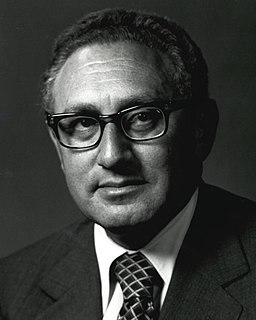 W
WHenry Alfred Kissinger is an American politician, diplomat, and geopolitical consultant who served as United States Secretary of State and National Security Advisor under the presidential administrations of Richard Nixon and Gerald Ford. A Jewish refugee who fled Nazi Germany with his family in 1938, he became National Security Advisor in 1969 and U.S. Secretary of State in 1973. For his actions negotiating a ceasefire in Vietnam, Kissinger received the 1973 Nobel Peace Prize under controversial circumstances, with two members of the committee resigning in protest.
 W
WDimitri Kitsikis is a Greek Turkologist, Professor of International Relations and Geopolitics. He has also published poetry in French and Greek.
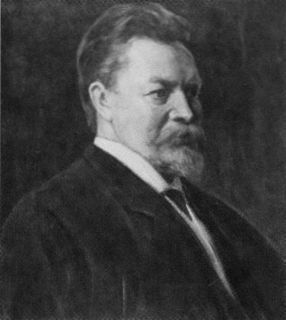 W
WJohan Rudolf Kjellén was a Swedish political scientist and politician who first coined the term "geopolitics". His work was influenced by Friedrich Ratzel. Along with Alexander von Humboldt, Carl Ritter, and Ratzel, Kjellén would lay the foundations for the German Geopolitik that would later be espoused prominently by General Karl Haushofer.
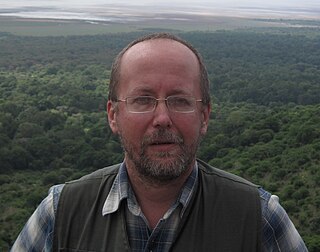 W
WAndrey Vitalievich Korotayev is a Russian anthropologist, economic historian, comparative political scientist, demographer and sociologist, with major contributions to world-systems theory, cross-cultural studies, Near Eastern history, Big History, and mathematical modelling of social and economic macrodynamics.
 W
WYves Lacoste is a French geographer and geopolitician. He was born in Fes, Morocco. In 1976 he established the French geopolitical journal Hérodote and published a work that shook the French academy, La Géographie ça sert d'abord à faire la guerre; its central thesis was that "geography was a form of strategic and political knowledge, central to the military strategy and the exercise of political power". Lacoste had earlier earned international renown in 1972 during the Vietnam War by publishing a spatial forensics analysis of the US bombing campaign of the Red River Delta. He agreed with claims from the North Vietnamese government that the US was deliberately targeting the hydrological infrastructure of the river in an attempt to trigger flooding and cause mass civilian casualties, which it called a war crime.
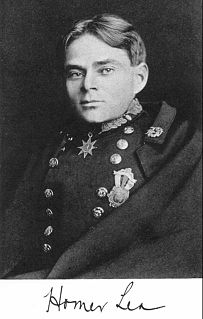 W
WHomer Lea was an American adventurer, author and geopolitical strategist. He is today best known for his involvement with Chinese reform and revolutionary movements in the early twentieth century and as a close advisor to Dr. Sun Yat-sen during the 1911 Chinese Republican revolution that overthrew the Qing Dynasty, and for his writings about China and geopolitics.
 W
WSergei Lousianin is a Russian political scientist, orientalist, an expert on international relations in East Asia, domestic and foreign policy of China and Mongolia, security issues in the Asia-Pacific Region and Central Asia.
 W
WSir Halford John Mackinder was an English geographer, academic and politician, who is regarded as one of the founding fathers of both geopolitics and geostrategy. He was the first Principal of University Extension College, Reading from 1892 to 1903, and Director of the London School of Economics from 1903 to 1908. While continuing his academic career part-time, he was also the Member of Parliament for Glasgow Camlachie from 1910 to 1922. From 1923, he was Professor of Geography at the London School of Economics.
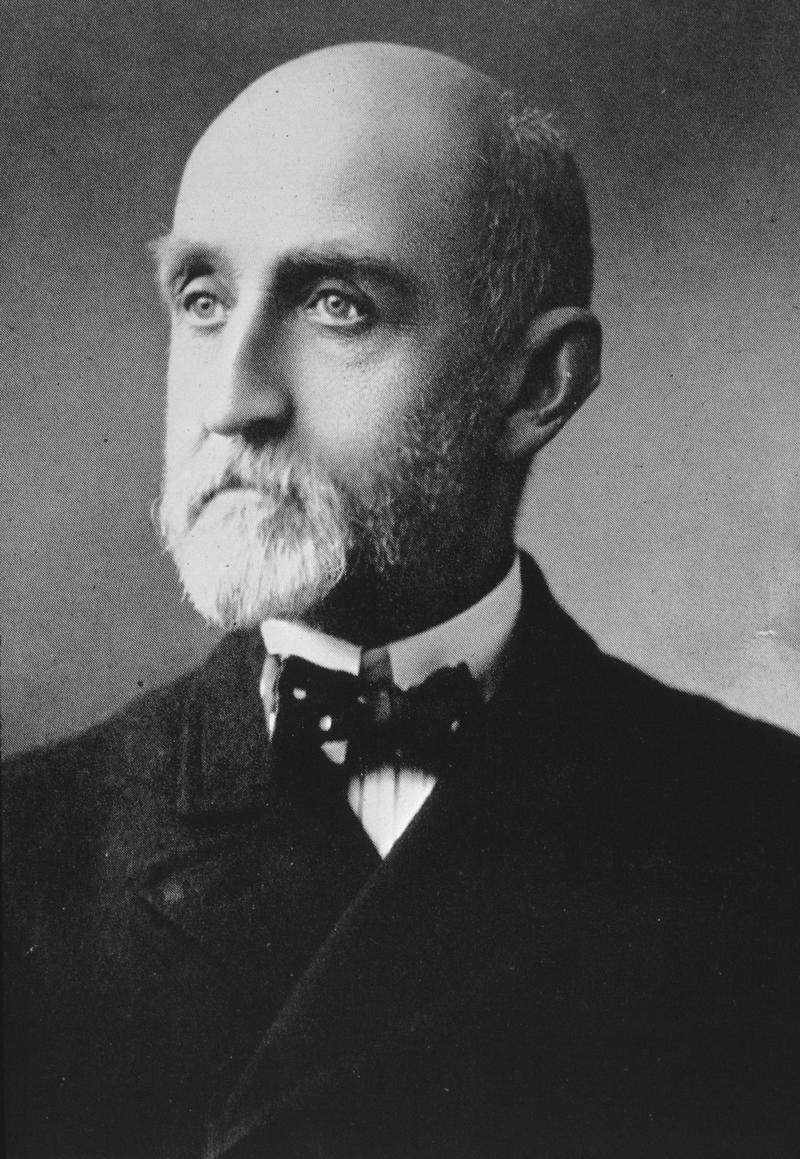 W
WAlfred Thayer Mahan was a United States naval officer and historian, whom John Keegan called "the most important American strategist of the nineteenth century." His book The Influence of Sea Power Upon History, 1660–1783 (1890) won immediate recognition, especially in Europe, and with its successor, The Influence of Sea Power Upon the French Revolution and Empire, 1793–1812 (1892), made him world-famous and perhaps the most influential American author of the nineteenth century.
 W
WSabin Manuilă was an Austro-Hungarian-born Romanian statistician, demographer and physician. A nationalist activist during World War I, he became noted for his pioneering research into the biostatistics of Transylvania and Banat regions, as well as a promoter of eugenics and social interventionism. As a bio- and geopolitician, Manuilă advocated the consolidation of Greater Romania through population exchanges, colonization, state-sponsored assimilation, or discriminatory policies.
 W
WDoreen Barbara Massey FRSA FBA FAcSS was a British social scientist and geographer.
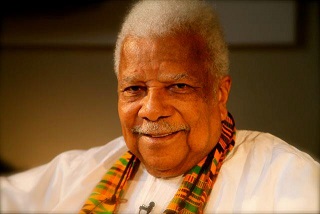 W
WAli Al'amin Mazrui, was a Kenyan-born American academic, professor, and political writer on African and Islamic studies and North-South relations. He was born in Mombasa, Kenya. His positions included Director of the Institute of Global Cultural Studies at Binghamton University in Binghamton, New York, and Director of the Center for Afro-American and African Studies at the University of Michigan. He produced the television documentary series The Africans: A Triple Heritage.
 W
WFriedrich Naumann was a German liberal politician and Protestant parish pastor. The Friedrich Naumann Foundation of the Free Democratic Party is named after him.
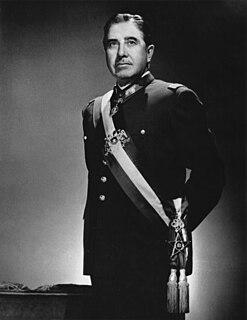 W
WAugusto José Ramón Pinochet Ugarte was a Chilean general, politician and dictator who ruled Chile from 1973 to 1990, first as the leader of the Military Junta of Chile from 1973 to 1981, before being automatically self-declared President of the Republic by the junta in 1974 becoming de facto dictator of Chile.
 W
WBoris Nikolayevich Ponomarev was a Soviet politician, ideologist, historian and member of the Secretariat of the Communist Party of the Soviet Union. His patron in his rise to the politburo was Mikhail Suslov.
 W
WAdam Szymon Pragier was a Polish economist, Doctor of Jurisprudence professor at the Free Polish University, socialist activist, politician, member of the Polish Legions and writer. A minister of information and documentation in the Polish government-in-exile in London, he upheld for the rest of his life its legal continuity in the struggle for the restoration of Poland as a sovereign state.
 W
WYevgeny Maksimovich Primakov was a Russian politician and diplomat who served as Prime Minister of Russia from 1998 to 1999. During his long career, he also served as Foreign Minister, Speaker of the Supreme Soviet of the Soviet Union, and chief of the intelligence service. Primakov was an academician (Arabist) and a member of the Presidium of the Russian Academy of Sciences.
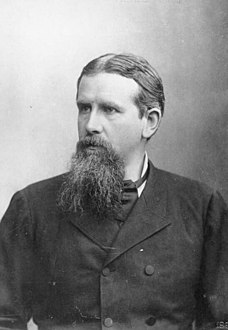 W
WFriedrich Ratzel was a German geographer and ethnographer, notable for first using the term Lebensraum in the sense that the National Socialists later would.
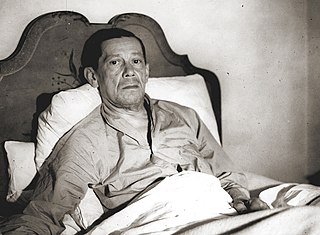 W
WJózef Hieronim Retinger was a Polish scholar, international political activist with access to some of the leading power brokers of the 20th century, a publicist and writer.
 W
WNayef R. F. Al-Rodhan is a Saudi philosopher, neuroscientist, geostrategist, and author. He is an honorary fellow of St. Antony’s College at Oxford University, Oxford, United Kingdom, and senior fellow and head of the Geneva Centre for Security Policy’s Geopolitics and Global Futures Programme, Switzerland, Senior Research Fellow, Institute of Philosophy, School of Advanced Study, University of London, United Kingdom, and Member of the Global Future Council on Frontier Risks at the World Economic Forum. His research focuses on the interplay between: Analytic Neurophilosophy, Geopolitics, Global Futures, Outer space security, Cultural discourse and synergies, Disruptive technologies, International Relations and Policy.
 W
WEugeniusz Mikołaj Romer was a distinguished Polish geographer, cartographer and geopolitician, whose maps and atlases are still highly valued by experts.
 W
WCarl Schmitt was a German jurist, political theorist, and prominent member of the Nazi Party. Schmitt wrote extensively about the effective wielding of political power. A conservative theorist, he is noted as a critic of parliamentary democracy, liberalism, and cosmopolitanism, and his work has been a major influence on subsequent political theory, legal theory, continental philosophy, and political theology, but its value and significance are controversial, mainly due to his intellectual support for and active involvement with Nazism. Schmitt's work has attracted the attention of numerous philosophers and political theorists, including Giorgio Agamben, Hannah Arendt, Walter Benjamin, Susan Buck-Morss, Jacques Derrida, Jürgen Habermas, Waldemar Gurian, Jaime Guzmán, Reinhart Koselleck, Friedrich Hayek, Chantal Mouffe, Antonio Negri, Leo Strauss, Adrian Vermeule, and Slavoj Žižek, among others.
 W
WEllen Churchill Semple was an American geographer and the first female president of the Association of American Geographers. She contributed significantly to the early development of the discipline of geography in the United States, particularly studies of human geography. She is most closely associated with work in anthropogeography and environmentalism, and the debate about "environmental determinism".
 W
WFriedrich Wilhelm Sievers was a German geologist and geographer. He served as professor of geography at the University of Giessen. His field work focussed on South America, and his Allgemeine Länderkunde was for several decades a standard work on world geography.
 W
WSoyun Kasum oglu Sadykov is a Russian politician, public and statesman, and former sambo martial artist.
 W
WPaul Vidal de La Blache was a French geographer. He is considered to be the founder of modern French geography and also the founder of the French School of Geopolitics. He conceived the idea of genre de vie, which is the belief that the lifestyle of a particular region reflects the economic, social, ideological and psychological identities imprinted on the landscape.
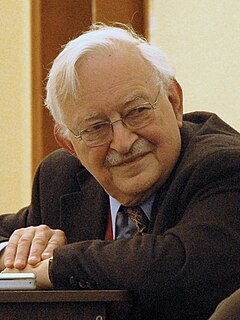 W
WImmanuel Maurice Wallerstein was an American sociologist and economic historian. He is perhaps best known for his development of the general approach in sociology which led to the emergence of his world-systems approach. He was a Senior Research Scholar at Yale University from 2000 until his death in 2019, and published bimonthly syndicated commentaries through Agence Global on world affairs from October 1998 to July 2019.
 W
WFr. Edmund Aloysius Walsh, S.J. was an American Jesuit Catholic priest, author, professor of geopolitics and founder of the Georgetown University School of Foreign Service, the first school for international affairs in the United States. He founded the school in 1919–six years before the U.S. Foreign Service itself existed–and served as its first regent.
 W
WKarl August Wittfogel was a German-American playwright, historian, and sinologist. He was originally a Marxist and an active member of the Communist Party of Germany, but after the Second World War Wittfogel was an equally-fierce anticommunist.